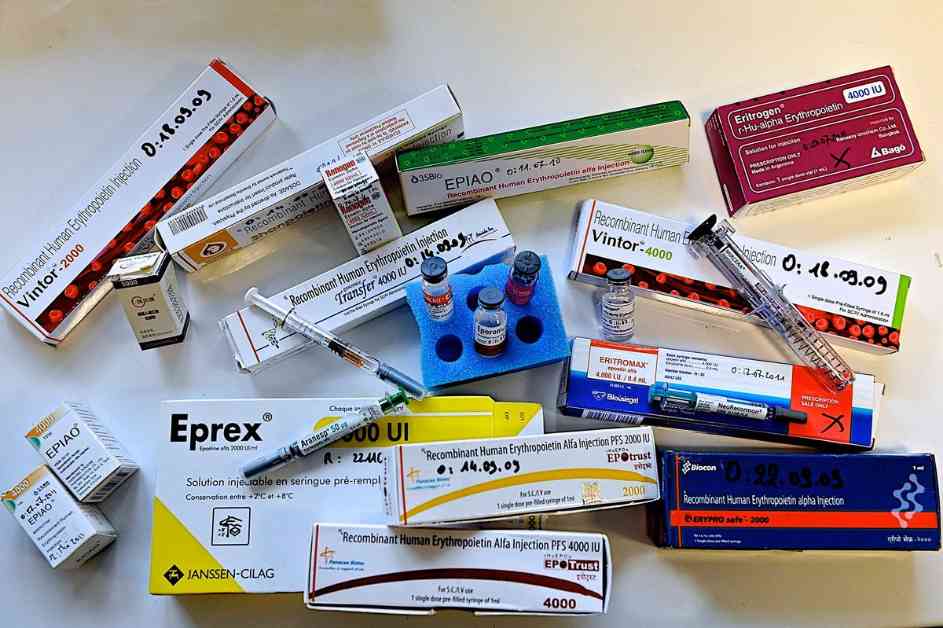In the last decade, the world of professional cycling has been under intense scrutiny due to the use of illegal substances to enhance performance. The infamous case of Lance Armstrong, once a hero turned villain, brought to light the prevalence of doping in the sport. However, as strict measures were put in place to combat this issue, a new trend seems to be emerging – the use of legal medications and supplements.
Recent performances by riders like Tadej Pogačar, who have achieved remarkable feats such as breaking Armstrong’s climbing record, have raised eyebrows and reignited suspicions within the cycling community. While these riders may not be using banned substances, questions have been raised about the use of legal alternatives to gain a competitive edge.
It is important to note that not all legal medications and supplements are harmful or unethical. Many cyclists rely on these products to aid in recovery, boost performance, and maintain overall health. However, there is a fine line between using these products responsibly and crossing into the realm of doping.
The cycling community must remain vigilant and continue to uphold the integrity of the sport. Stricter regulations and testing protocols may be necessary to ensure that all riders are competing on a level playing field. Additionally, education and awareness programs can help athletes make informed decisions about the substances they are putting into their bodies.
While the use of legal medications and supplements may be a gray area in the world of professional cycling, it is crucial that the sport remains clean and fair. Only by holding athletes to the highest standards of ethics and sportsmanship can we preserve the integrity and spirit of competition in cycling.
